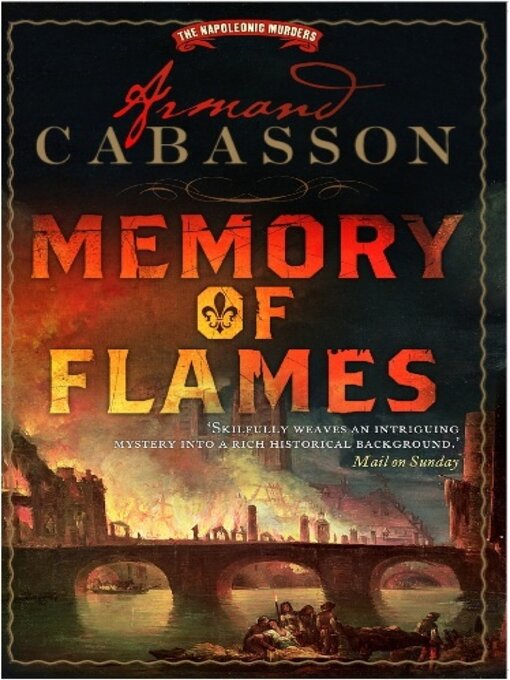Described as a 'splendid war epic' by Sunday Telegraph, the third of the Napoleonic Murders series sees Cabasson's hero, revolutionary soldier Quentin Margont, infiltrating a royalist conspiracy to save Napoleon's Empire.
March 1814. With the armies of Russia and Prussia advancing, Paris is in real danger of falling to occupying forces for the first time in 400 years. But at a moment when all efforts should be directed towards the defence of the city, Joseph Bonaparte is concerned with the murder of a retired colonel, and orders Major Margont to conduct a secret investigation into his death. Once again Armand Cabasson marries his phenomenal knowledge of the Napoleonic period with his psychiatric expertise to create a gripping and totally convincing narrative.


